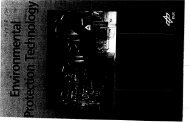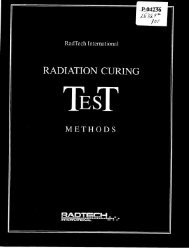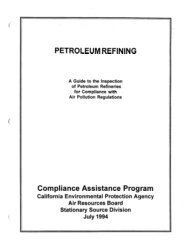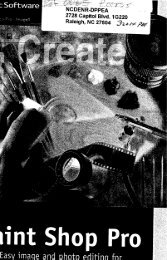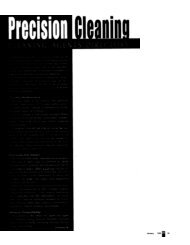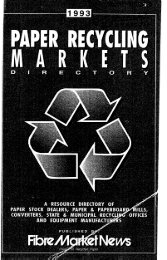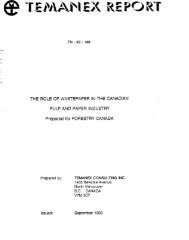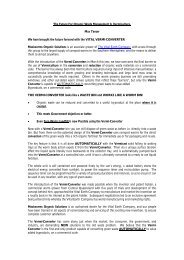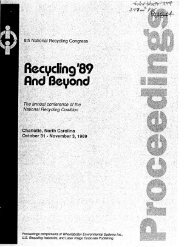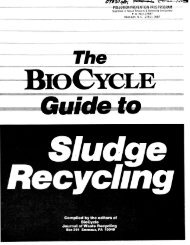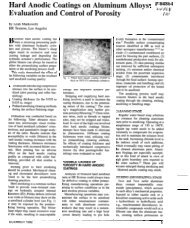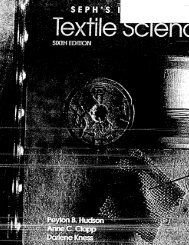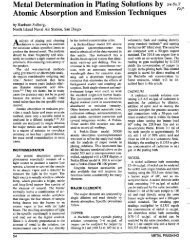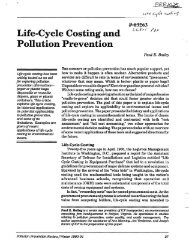Electronic Parts/Guidelines - infoHouse
Electronic Parts/Guidelines - infoHouse
Electronic Parts/Guidelines - infoHouse
Create successful ePaper yourself
Turn your PDF publications into a flip-book with our unique Google optimized e-Paper software.
5.0 Truth in Advertising<br />
5.1 Introduction<br />
5.1.1 Abstract<br />
Environmental advertising and labeling has become very complex. Many organizations and legislative<br />
bodies have tried to influence and/or control the use by industry of "green" environmental advertising<br />
and labeling. Numerous companies have been forced to change their labeling and/or advertising<br />
because their environmental claims were unsubstantiated.<br />
5.1.2 Purpose<br />
The purpose of this chapter is to provide an overview of current legislation and to provide guidelines<br />
for environmental labeling of IBM product packaging.<br />
5.2 Environmental Marketing Guideline Application<br />
5.2.1 Environmental Marketing Guidance<br />
Generally all regulations to influence industries use of environmental claims are voluntary. These reg-<br />
ulations and guidelines apply to:<br />
environmental claims that appear in labeling, advertising, promotional materials and other mar-<br />
keting formats;<br />
direct assertions of environmental benefits and implied environmental claims;<br />
claims made in words, symbols, emblems, logos, pictures, product brand names and by any other<br />
means;<br />
claims made about products, packages or both; and<br />
claims for items advertised and sold for personal, commercial, institutional and industry use.<br />
The above guidelines apply to both general advertising and specific terms frequently used in environ-<br />
mental advertising.<br />
5.2.2 Environmental Marketing Claims<br />
General Envlronmental Baneffts: It is deceptive to make broad, unqualified claims of environmental<br />
benefit. All general assertions of environmental benefit, whether direct or implied, must be fully sub-<br />
stantiated or avoided altogether. Examples of general claims are "environmentally friendly" and "envi-<br />
ronmentally safe".<br />
DegradablelBiodegradablelPhotodegradable: It is deceptive to make unqualified claims that packages<br />
are degradable unless the claims can be scientifically substantiated. This claim should be made only<br />
about packaging that can degrade in its customary place of disposal. For example, if an item is<br />
usually disposed of in a sanitary landfill, and will degrade only when exposed to light and water or if<br />
buried in soil, it should not be advertised as being degradable.



